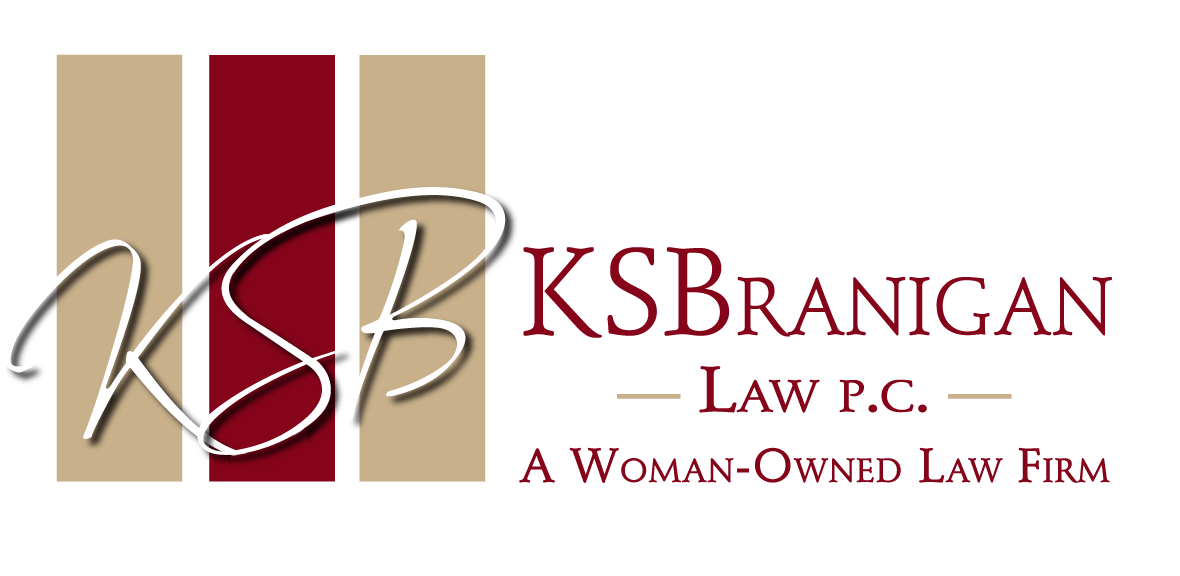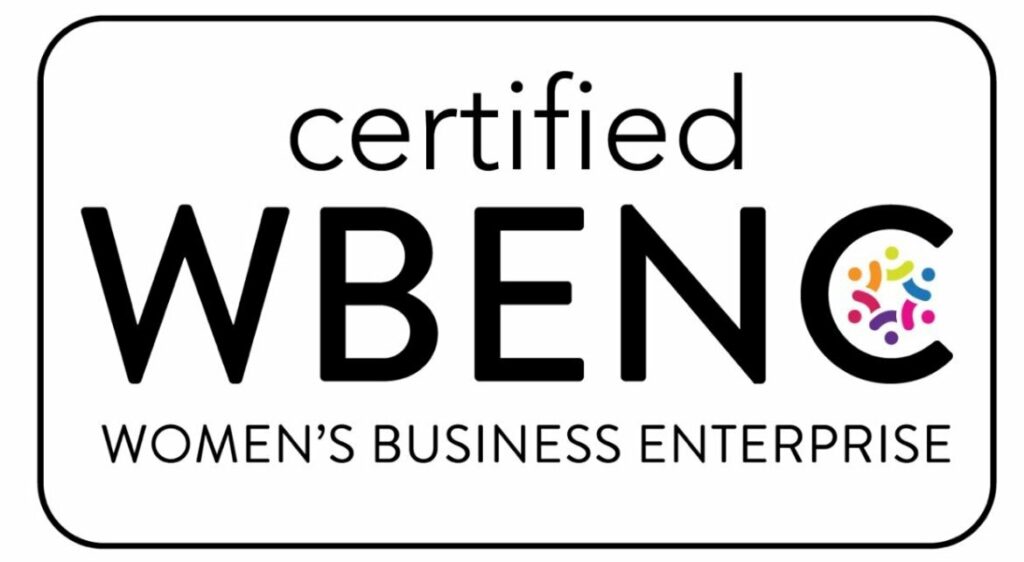A new law in New York City, Intro. 209A, signed by Mayor Adams on May 26, 2023, and amending the New York City Human Rights Law, will prohibit discrimination based on height and weight and add these categories to the list of protected classes (NYC Weight/Height Law). The law will take effect on November 22, 2023. In passing this law, New York City joins other states and local jurisdictions.
The NYC Weight/Height Law creates exemptions for employers:
-
Who need to consider height or weight in employment decisions where required by federal, state, or local laws or regulations.
-
Where the Commission on Human Rights permits such considerations because height or weight may prevent a person from performing the essential requirements of a job and no alternative is available or this criteria is reasonably necessary for the normal business operations.
Further, the NYC Weight/Height Law provides an employer with an affirmative defense where the person’s height or weight prevents the person from performing the essential requisites of the job, and no alternative action could reasonably be taken that would allow the person to perform the essential requisites of the job, and the employer’s decision based on height or weight criteria is reasonably necessary for the execution of the employer’s normal operations.
Under the NYC Weight/Height Law, an employer is not prevented from offering incentives that support weight management as part of a voluntary wellness program.
New Jersey Proposed Law on Height and Weight Discrimination
On June 2, 2022, New Jersey lawmakers proposed a similar law, New Jersey Senate Bill 2741, which would amend the New Jersey Law Against Discrimination (NJLAD) to prohibit discrimination based on height and weight. The proposed law would allow employers to consider height and/or weight in instances where “the height or weight of an individual is a bona fide occupational qualification.”
Related New Jersey Protections
In the New Jersey courts, over the years, employees have received some protection where weight has been an issue. These have been instances where the disability and gender provisions of the NJLAD have been implicated. For example, employees who have suffered from obesity have received protection. While the NJLAD does not include “obesity” as a protected category under the NJLAD, the courts have provided protections under the NJLAD’s disability provisions. See Gimello v. Agency Rent-A-Car System, 250 N.J.Super. 338 (App. Div. 1991); Viscik v Fowler Equipment Co., 173 N.J. 1 (2002); and Dickson v. Community Bus Lines., Inc., 458 N.J.Super. 522 (App. Div. 2019). Whether an employee’s obesity constitutes a disability under the NJLAD is determined on a case-by-case basis. In the Dickson case, the court found that obesity alone is not protected under the NJLAD as a disability unless it has an underlying medical cause such that the condition is caused by bodily injury, birth defect, or illness, a prerequisite that the plaintiff failed to meet in the Dickson case. In Schiavo v. Marina District Development Company, LLC, 442 N.J.Super. 346 (App. Div. 2015) (the “Borgata Babes” case where there was a weight requirement and the plaintiffs had to weigh in), the court held that, while the NJLAD did not encompass discrimination based upon “weight, appearance, or sex appeal,” if an employer’s “weight standard” was due to gender and there were documented medical conditions or post-pregnancy conditions that caused weight gain, it would fall under NJLAD protection.
Takeaways
Employers who operate in jurisdictions providing antidiscrimination protections for height and weight should monitor these legal requirements to ensure compliance and consider:
-
Reviewing/updating recruiting and hiring policies, practices, and procedures.
-
Reviewing/updating policies, handbooks, and job descriptions.
-
Training managers and supervisors.
This summary is for informational purposes only and is not intended to constitute legal advice. This information should not be reused without permission.


